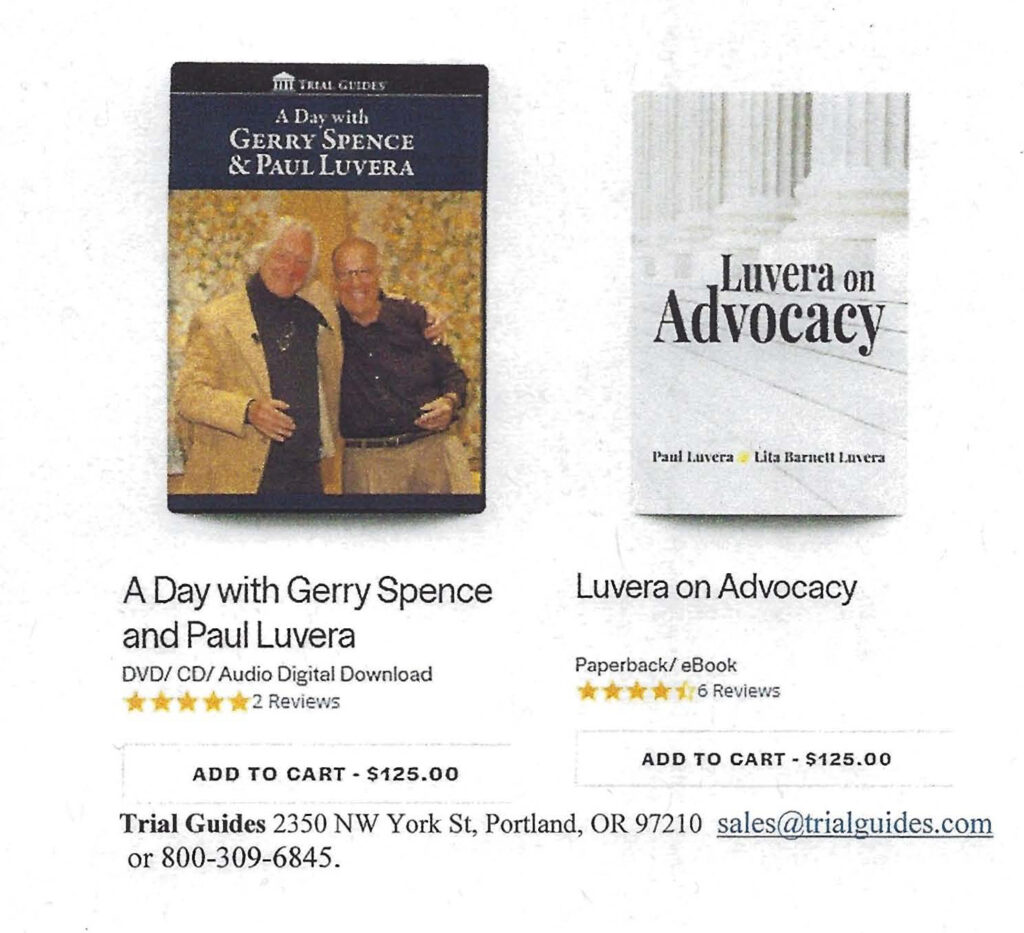ADVICE FOR NEW LAWYERS THEY DON’T TEACH IN LAW SCHOOL
You are probably thinking to yourself “not more advice from some older lawyer who assumes that they know something younger lawyers don’t know?” You may be right, but my interaction with new and inexperienced lawyers is that they are prone to making mistakes in their professional work and relationships with others that are correctable. Hopefully, these are some ideas that might be of benefit and even, possibly, to experienced lawyers.
Let’s start with a brief outline of courtroom conduct and relationships. There are available articles by judges about judicial conduct by lawyers. One of the more relevant is by judge Michael B Hyman in August 2007 “How Lawyers Can Temper Judicial Temperament.” https://www.isba.org/sections/bench/newsletter/2007/08/howlawyerscantemperjudicialtemperam judge Hyman’s list of what he calls “general irritants” to judges include:
1.Ignorance of court rules. Lawyers are expected to understand the procedural rules, the Superior Court rules, rules of evidence and the rules of the court where the proceedings is taking place. Those who don’t understand these rules are considered incompetent and unreliable.
2.Tardiness. No one likes to be made to wait. Judges in particular are conscious of the valuable time involved in legal proceedings. The early not late.
3.Personal disputes. As a professional you are expected to act like a professional in your relationships with other lawyers and the judge. Your reputation is at risk with your conduct.
4.Be brief and to the point. Long-winded lawyers antagonize the judge. Judges appreciate lawyers who make their point clear, simple and brief.
5.Be Honest it is always a mistake to exhibit a lack of candor with the judge about the truth and the facts. Once revealed it is a credibility disaster for the lawyer and the lawyer’s reputation.
6.Be prepared a lack of preparation for the issue before the court is an annoyance to the judge and undermines the credibility and reliability of the lawyer involved.
7.Treat the staff with respect lawyers sometimes forget that the clerk, court reporter in the bailiff or all part of the judges’ coworkers. They are usually friends in addition to working together. The conduct of lawyers will be reported to the judge and the judge will react in a protective manner. Make friends with the court staff.
Randy Johnson has a presentation about advice for young lawyers. exasbarcollege.com/ten-things-every-young-lawyer-should-know-but-doesnt-because-they-dont-teach-it-in-law-school/ He includes these ideas:
1.Listen when others are speaking. Don’t start working on your response until you hear them out and understand.
2.Keep an orderly desk. People draw conclusions about the state of your mind and your ability to think clearly based on the state of your office. No one wants to work with and messy thinker.
3.Say please and thank you.
4.Put down that device and pay close attention
5.Take notes. It helps you remember, and it shows people that you believe what they are saying is important enough to write down. (Look them in the eye once in a while two)
In my opinion, the most accurate and significant book that has been written about relationships with other people was written in 1936 by Dale Carnegie with the title How to Win Friends and Influence People. It should be required reading for every lawyer whether new or experienced. A brief condensed outline of principles or dealing with people consists of the following. However, the subject merits taking the time to read and understand fully the principles involved.
Techniques in Handling People
1.Don’t criticize, condemn or complain.
2.Give honest and sincere appreciation.
3.Arouse in the other person an eager want.
Six ways to Make People Like You
1.Become genuinely interested in other people.
2.Smile.
3.Remember that a person’s name is to that person the sweetest and most important sound in any language.
4.Be a good listener. Encourage others to talk about themselves.
5.Talk in terms of the other person’s interests.
6.Make the other person feel important – and do it sincerely
Hopefully some of these ideas will be of benefit to you in your professional practice. We should all be perpetual students no matter what our age or our level of experience as trial lawyers
============================================================
